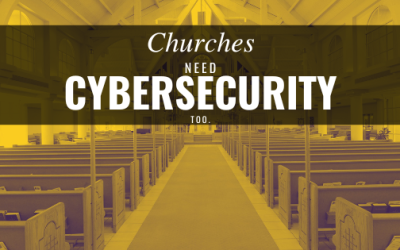Blog
All Posts
Cybersecurity
Business Technology
Managed Services
Compliance
Newsletters
What are IT Managed Services? The Key to Secure & Cost-Effective IT
Imagine this: your employees sit idle because your network is down. Customer orders can’t be...
What’s the Difference Between Managed and Break-Fix IT Services?
When it comes to IT support for your business, the two primary approaches are managed IT services...
How to Conduct an IT Audit for Your Business
An IT audit is a thorough review of your company’s technology systems, processes, and policies. It...
Can Password Managers Be Hacked?
Password managers keep our online accounts safe. They store all our passwords in one place. But...
What to Look for in an IT Support Partner in the New Year
Choosing the right managed IT partner can feel a bit stressful, especially when technology plays...
Managing IT Infrastructure During Year-End Closures
As the year winds down, businesses often face a unique set of challenges. From balancing holiday...
Does a Church Need Cybersecurity and IT Management? Yes.
Why Every Church Should Care About Cybersecurity and IT Management In today’s world, cybersecurity...
Importance of 2FA for Business Owners
When it comes to protecting your business’ data and sensitive information, there’s no such thing...
Beware of Holiday Cyber Attacks: Stay Vigilant This Thanksgiving
Holiday Cybersecurity Tips and Insights for the Season As Thanksgiving approaches, many of us are...
Sign Up for Our Newsletter
Our newsletters keep you up-to-date on the world of technology. We keep you informed on current technology, compliance news, and how to improve your business with tech. Sign up below to receive them, free of charge or obligation.











